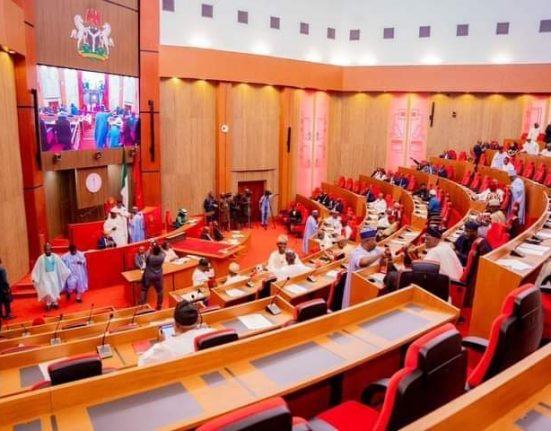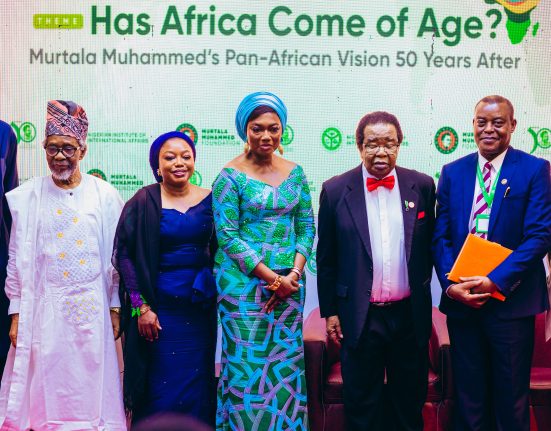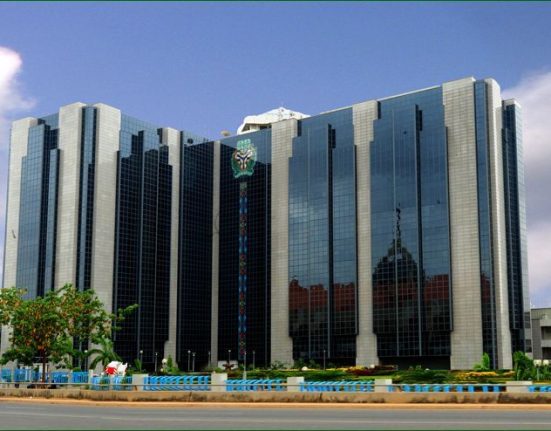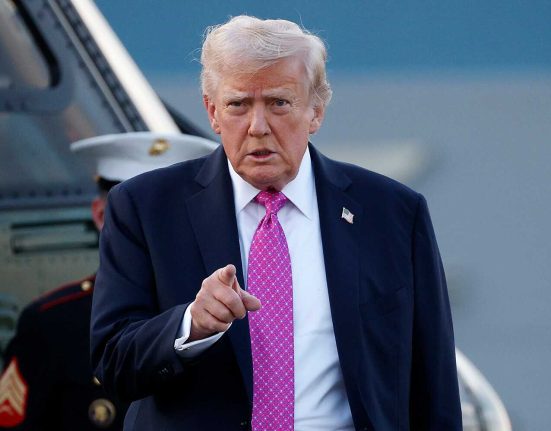Central Bank of Nigeria Governor, Olayemi Cardoso, has called for stronger coordination between the country’s fiscal and monetary authorities to sustain ongoing reforms, attract long-term investment, and strengthen macroeconomic stability. Speaking at the “In Conversation with the Governor of the Central Bank of Nigeria” dialogue, organised by the Wheeler Institute for Business and Development at the London Business School, Cardoso said Nigeria’s economic recovery hinges on credible data, transparent communication, and policy alignment across institutions. The event, supported by J.P. Morgan and Goldman Sachs, brought together policymakers, academics, and financiers to discuss Nigeria’s reform path in a rapidly changing global economy.
Cardoso emphasised that effective communication is as crucial as policy itself, explaining that citizens, investors, and markets must clearly understand the rationale behind reforms for them to be effective. He noted that the CBN has been deliberate about explaining the motivations behind policies such as foreign exchange unification and subsidy rationalisation, enabling Nigerians and investors to see the “pain of adjustment” as the cost of progress. Acknowledging the short-term hardship that reforms have caused, the governor stressed that public trust in the policy process is gradually improving as people begin to see the link between stability today and prosperity tomorrow.
The CBN governor highlighted that no central bank can stabilise an economy in isolation, noting that fiscal and monetary authorities must “constantly shake hands” and work towards the same goals. He revealed that over the past year, the CBN has strengthened its collaboration with the Ministry of Finance, the Budget Office, and other key agencies to ensure coherence on inflation management, revenue mobilisation, and foreign exchange stability. According to him, such coordination builds predictability, which is essential for investor confidence.
Supporting the governor’s position, the CBN’s Special Adviser on Financial Markets and Economic Policy, Mayokun Ajibade, said policy coherence is now more operational than symbolic. He explained that the CBN and fiscal authorities engage in real-time data sharing, joint scenario planning, and synchronised communication with markets—an approach that has helped Nigeria withstand recent global shocks such as fluctuations in energy prices and the U.S. dollar cycle. Ajibade added that this alignment has ensured that external shocks have less severe impacts on domestic prices and inflation.
During the interactive session, a participant from the Centre for the Study of African Economies asked how Nigeria plans to transition from stabilisation to growth. In response, Cardoso said sustainable growth would depend on maintaining fiscal-monetary harmony while deepening structural reforms in sectors such as agriculture, manufacturing, energy, and infrastructure. He also addressed ongoing banking sector reforms, noting that banks unable to meet the new recapitalisation thresholds by March 2026 may have to downgrade or reclassify their licences rather than resort to forced mergers.
Cardoso reiterated that while single-digit inflation remains a medium-term target, the CBN would continue to act decisively to contain inflation and preserve stability. His remarks come amid Nigeria’s efforts to attract global investors through improved monetary coordination, transparency, and reforms designed to strengthen the financial system.








